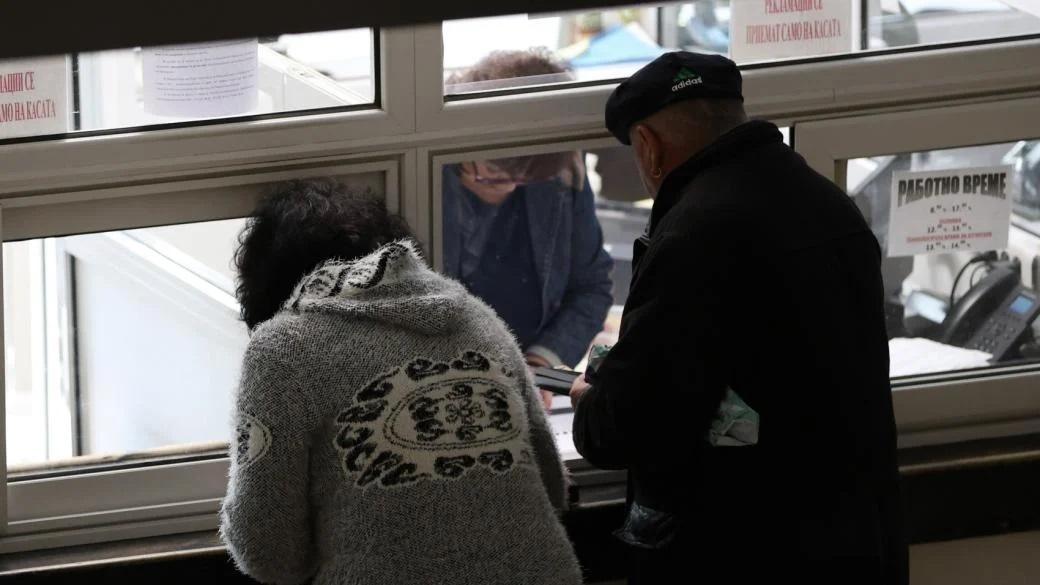For the first time in 6 years: civil servants in Bulgaria are decreasing
The past year 2023 has brought massive reshuffles at all levels of the administration

© ECONOMIC.BG / BTA
For the first time in six years (not including the force majeure year 2020) the size of the Bulgarian administration is decreasing. The efforts of two governments - the caretaker one of President Rumen Radev and the regular Denkov-Gabriel coalition cabinet - have led to a shrinkage of civil servants in Bulgaria by just over 300 people in 2023. The data from the annual report on the state of the administration show that the headcount (not the actual headcount) of the Bulgarian administration is 143,502.
The number of occupied posts in the administration decreased to 131 496, or an annual decrease of 0.11%, and the number of vacant posts decreased by 0.13% to 12 007.
However, this first reduction in staffing comes after two consecutive years of increases - in 2021 and 2022 - when staffing was increased by a total of about 1,200.
But even after the 2023 reduction, the slots allocated to civil servants are 8% more than they were in 2016, after which the administration's more rapid bloat began.
Economic.bg's calculations show that there are about 2,226 civil servants for every 100 thousand people, or a very slight decrease from the previous year. In 2016, there were 1,868 people.
Number of civil servants
The marginal decline in administration comes in a tumultuous year marked by three governments - two caretaker and one regular. And the report's data shows that turbulence has affected the administration - there have been many changes in many units and at many levels. Nearly 12,000 employees have left, been dismissed or transferred from one structure to another, and 6202 have been newly recruited.
By comparison, in 2022, when two governments - Radev's caretaker government and the regular Petkov cabinet - ruled again, there were 5136 dismissals, resignations and transfers and 5610 new appointments. But in 2020 - the last year with one government for the whole year - the shifts are even smaller.
The report's figures show that 23,107 people applied for civil service positions - mainly for roles in ministries and the administration of the Council of Ministers. It is noteworthy that the number of applicants for government jobs is much lower than a year earlier, when the number was over 26,000.
Profile
Of all full-time civil servants, nearly 64% have a university degree. Young people are less and less likely to find their place in the administration, with the share of employees aged up to 29 in 2023 being 5.6%, or around 7,000 people. This compares with nearly 8,000 a year earlier.
Employees aged between 40 and 49 are the most numerous - about 44,000, or 34% share. Employees aged 60 and over are also heavily represented - they are over 13 thousand, or just over 10% of the total. According to the data, over 2,000 of them are due to retire next year.
This article was translated with the support of DeepL.

 Antoniya Simova
Antoniya Simova